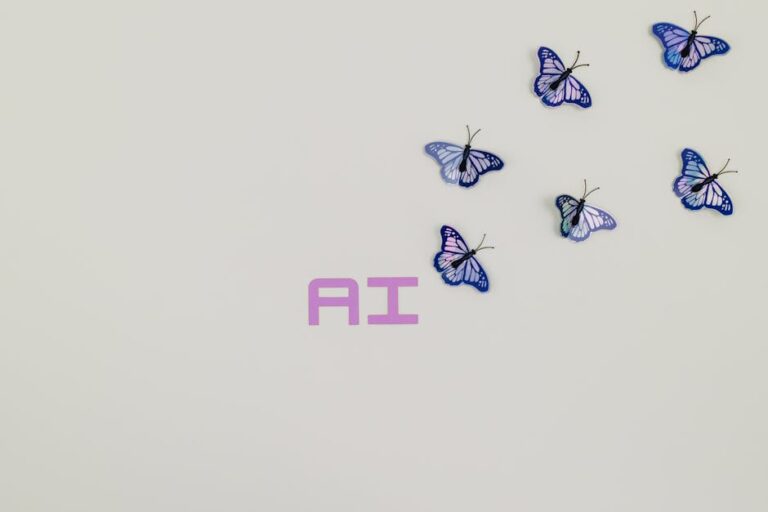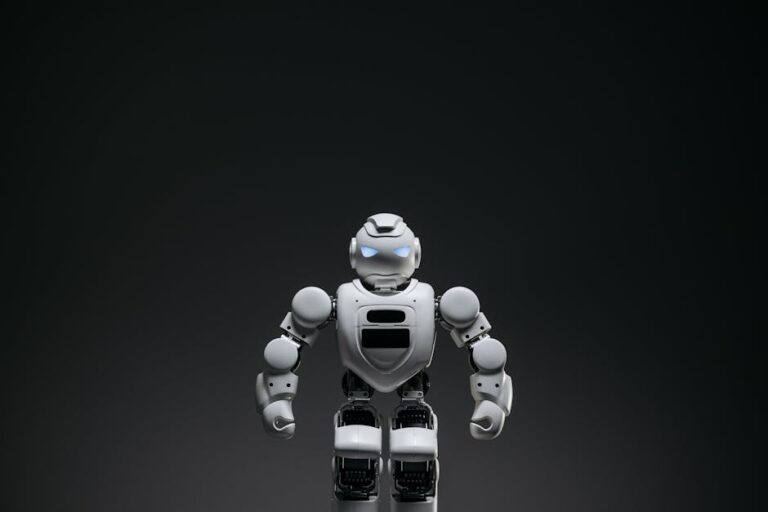The Role of AI Personal Assistants in Everyday Life: Benefits and Challenges
AI personal assistants have come a long way from basic task management to sophisticated virtual helpers that can anticipate our needs and preferences. With advancements in natural language processing and machine learning, these assistants are becoming more intuitive and personalized. The early days of AI personal assistants were marked by simple voice commands and limited functionality, but today they can understand complex requests and even learn from our behavior. As technology continues to evolve, we can expect AI personal assistants to become even more seamless and integrated into our daily lives. One of the key factors driving the evolution of AI personal assistants is the increasing availability of data and the ability to process it quickly and efficiently. This has enabled developers to create more sophisticated algorithms that can learn and adapt to our habits and preferences. As a result, AI personal assistants are becoming more proactive, often anticipating our needs and providing recommendations before we even have to ask. For instance, they can suggest calendar appointments, remind us of upcoming events, and even offer personalized entertainment recommendations based on our viewing history. The impact of AI personal assistants on our daily routines is significant, and their ability to streamline tasks and provide personalized support is making them an essential tool for many people. As AI technology continues to advance, we can expect to see even more innovative applications of AI personal assistants in the future, from smart home automation to personalized healthcare management. The potential benefits are vast, and it will be exciting to see how AI personal assistants continue to shape and transform our everyday lives. Furthermore, the evolution of AI personal assistants is also driven by the growing demand for more human-like interactions with technology. People want to be able to interact with their devices in a more natural way, using voice commands and gestures to control their surroundings. AI personal assistants are at the forefront of this trend, using natural language processing to understand and respond to our requests in a more human-like way. This has led to the development of more advanced virtual assistants that can engage in conversation, answer questions, and even exhibit emotions. As AI personal assistants become more advanced, they are likely to play an even greater role in our daily lives, transforming the way we interact with technology and each other. The future of AI personal assistants holds much promise, and it will be interesting to see how they continue to evolve and improve in the years to come.
The Evolution of AI Personal Assistants
One of the most significant benefits of AI personal assistants is their ability to learn and adapt to an individual’s habits and preferences over time. As they collect data on a user’s daily routines and activities, they can begin to anticipate needs and provide proactive suggestions, such as recommending alternative routes to work based on traffic patterns or suggesting calendar appointments based on a user’s schedule. This level of personalization can greatly enhance the overall user experience, making it feel more intuitive and seamless. Furthermore, AI personal assistants can also integrate with various devices and services, allowing users to control their smart home devices, play music, or send messages with just their voice. This level of integration can greatly simplify daily tasks, reducing the need to physically interact with multiple devices or interfaces. In addition to these benefits, AI personal assistants can also provide users with valuable insights into their daily habits and activities, such as tracking sleep patterns, exercise routines, or screen time. By analyzing this data, users can identify areas for improvement and make positive changes to their lifestyle. For instance, an AI personal assistant can provide recommendations for improving sleep quality or suggest healthy recipes based on a user’s dietary preferences. By leveraging this data, users can take a more proactive approach to their health and wellbeing, leading to a better overall quality of life. The use of AI personal assistants can also have a significant impact on education and learning, particularly for individuals with disabilities. For example, AI-powered tools can help students with dyslexia or other reading difficulties by providing text-to-speech functionality, allowing them to access written materials more easily. Similarly, AI personal assistants can assist students with organization and time management, helping them stay on top of assignments and deadlines. By providing these types of support, AI personal assistants can help level the playing field, ensuring that all students have an equal opportunity to succeed. Overall, the benefits of using AI personal assistants in daily life are numerous, and as the technology continues to evolve, we can expect to see even more innovative applications in the future.
Benefits of Using AI Personal Assistants in Daily Life
While AI personal assistants have made significant strides in improving user experiences, they still face challenges such as privacy concerns, data security issues, and limitations in understanding complex human emotions. Balancing convenience with privacy remains a key challenge for developers and users alike.
One of the primary concerns is the potential for AI personal assistants to compromise user data, as they often require access to sensitive information such as calendar events, contacts, and location data. This has sparked debates about the need for stricter data protection regulations and more transparent practices from developers. Furthermore, the use of AI personal assistants in public spaces or shared devices can also raise concerns about eavesdropping and unauthorized access to personal information.
Another challenge facing AI personal assistants is their ability to understand and respond to complex human emotions. While they can recognize and respond to basic emotions such as happiness or sadness, they often struggle to understand nuances and subtleties of human emotions. This can lead to misinterpretation or miscommunication, which can be frustrating for users. To overcome this limitation, developers are exploring the use of affective computing and emotional intelligence in AI personal assistants, which can enable them to better recognize and respond to human emotions.
As AI personal assistants continue to evolve and become more integrated into our daily lives, it is essential to address these challenges and limitations. By prioritizing user privacy and data security, and developing more advanced emotional intelligence capabilities, developers can create AI personal assistants that are not only convenient and efficient but also respectful and empathetic. Ultimately, the success of AI personal assistants will depend on their ability to balance convenience with privacy and to provide users with a seamless and personalized experience that respects their boundaries and emotions.
Challenges and Limitations of AI Personal Assistants
The future of AI personal assistants holds exciting possibilities, including enhanced personalization, improved natural language processing, and integration with smart home devices. As technology continues to evolve, AI assistants are expected to become even more integrated into our daily lives, offering seamless and intuitive experiences.
One of the key areas of development in AI personal assistants is the ability to learn and adapt to individual preferences and habits. This could involve advanced analytics and machine learning algorithms that enable the assistant to anticipate and respond to a user’s needs, even before they are explicitly stated. For instance, an AI assistant could learn a user’s daily routine and automatically adjust the lighting, temperature, and entertainment systems in their home to create a personalized environment.
Another significant trend in AI personal assistant technology is the integration with various devices and platforms, creating a cohesive and interconnected ecosystem. This could include smart home devices, wearables, and even vehicles, allowing users to control and interact with their surroundings in a more streamlined and efficient manner. As a result, AI assistants will become the central hub of our digital lives, providing a unified interface to manage and access various services and devices.
As AI personal assistants continue to advance, we can expect to see significant improvements in their ability to understand and respond to natural language inputs. This will enable users to interact with their assistants in a more conversational and intuitive way, using voice commands, gestures, or even facial expressions. Furthermore, the integration of AI assistants with emerging technologies like augmented reality and the Internet of Things (IoT) will unlock new possibilities for innovative applications and use cases, transforming the way we live, work, and interact with technology.



